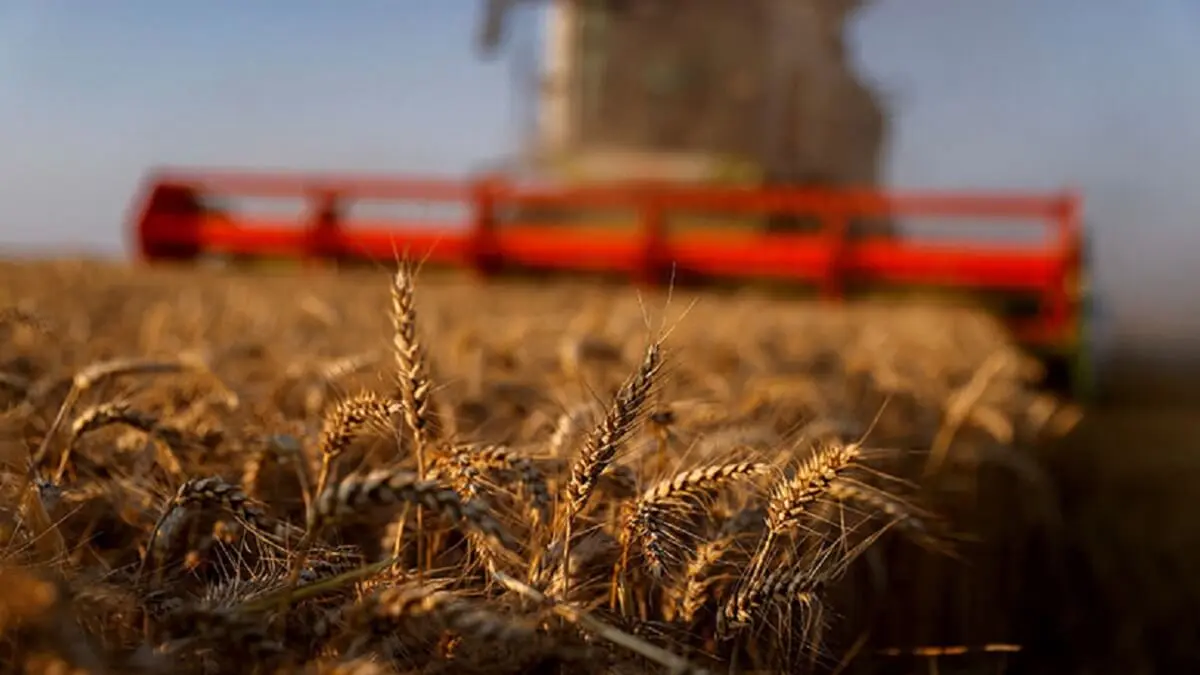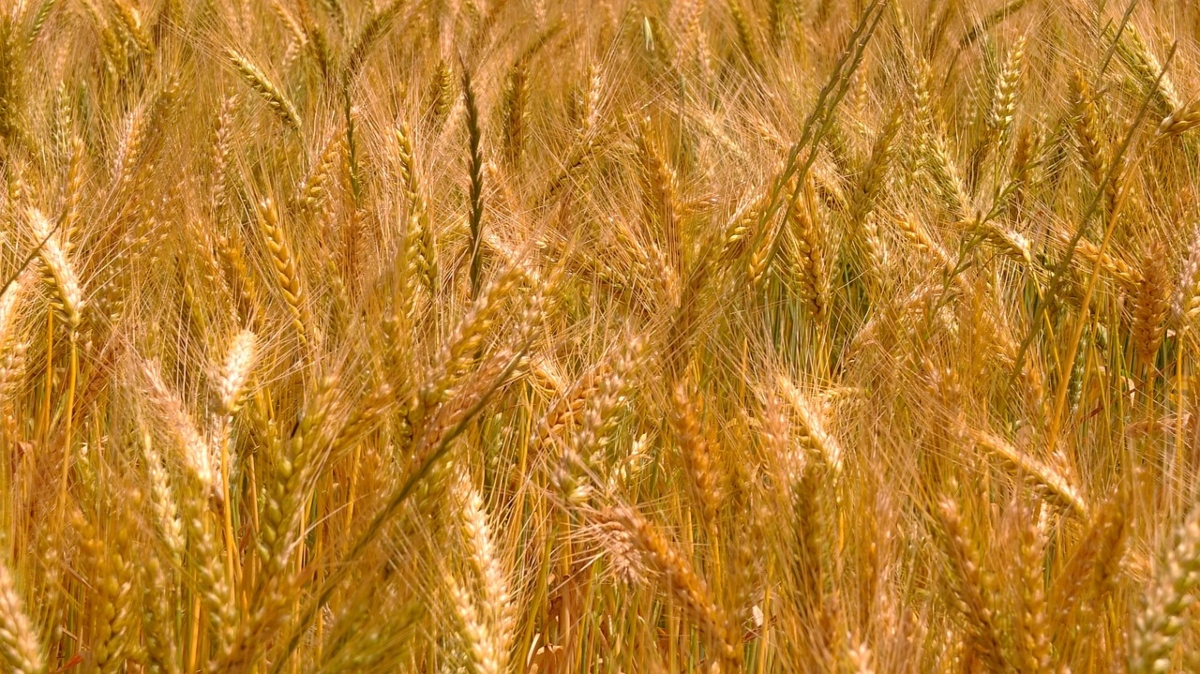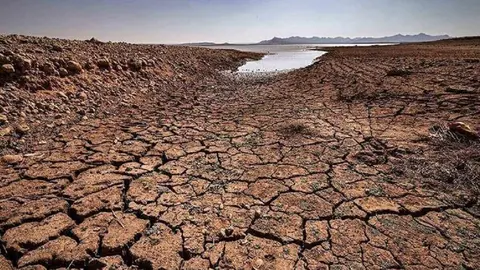Morocco plans to increase wheat imports in the face of persistent drought

Morocco continues to plan its economic activity in depth for the times ahead.
Along with the industrial sector development plan promoted by the Moroccan state and the Investment Charter also planned by the administration to encourage investment by both national and foreign capital, the agricultural sector, which is of great importance to the Moroccan economy, as it currently represents 12% of the Gross Domestic Product (GDP), also has its forecasts for the future.
Moroccan supplies have been strongly affected by the lack of water resources due to the drought in Morocco, and this has affected sectors such as the private sector, with restrictions on water use, and the countryside; Morocco has been restricting the use of water for irrigation by farmers in some areas due to the drought situation facing the country, as recently reported by the president of the Moroccan Confederation of Farmers and Rural Development (COMADER), Rachid Benali.

Morocco is bracing itself for the prospect of reduced harvests due to drought caused by climate change and harsh weather conditions in North Africa. In this regard, COMADER head Rachid Benali told Bloomberg, the North African country will need to increase its wheat imports to compensate for a significant drop in crop yields this year.
Benali highlighted the adverse impact of the prolonged drought and emphasised that the country experienced a shortage of rainfall during the crucial autumn season, a season that always promises more rainfall and which this time has not had the expected effect on needy Morocco and the rest of the North African region.
The shortfall in rainfall means that the wheat harvest is expected to be "much smaller" than last year's 4 million tonnes. In addition, the cereal harvest is expected to be much lower than the 7.5 million tonnes estimated by Aziz Akhannouch's government, as Benali himself pointed out.

The importance of agriculture and the impact of water shortages
Morocco is undergoing an important process of industrial development and attracting investment resources to develop all types of sectors to the maximum, under the plan of King Mohammed VI, who has set in motion a process of modernisation of the country since he ascended to the throne in 1999, which has borne fruit in recent years, positioning the Moroccan kingdom in an important position on the international scene.
Here, agriculture continues to play an important role despite state efforts to further diversify economic activity.
Therefore, the harsh drought and lack of rainfall continue to affect such an important sector as the countryside, which has led to economic losses in this area and also to a decrease in agricultural jobs, causing the unemployment rate to rise to 13% this year, surpassing the 12% of 2023.
The challenges to planting extend beyond wheat to other vital crops such as cereals and sugar, compounding the agricultural problems facing the nation, as Benali himself explained.
Meanwhile, Morocco continues to fight the drought with several important projects such as the implementation of more desalination plants to reuse seawater and water highways to connect various basins, such as the Sebou river and the Bouregreg basin or the connection of the Oued El Makhzen dam with the port of El Boughaz Fadil to provide more water to the densest populations in these areas and help the most affected areas.










